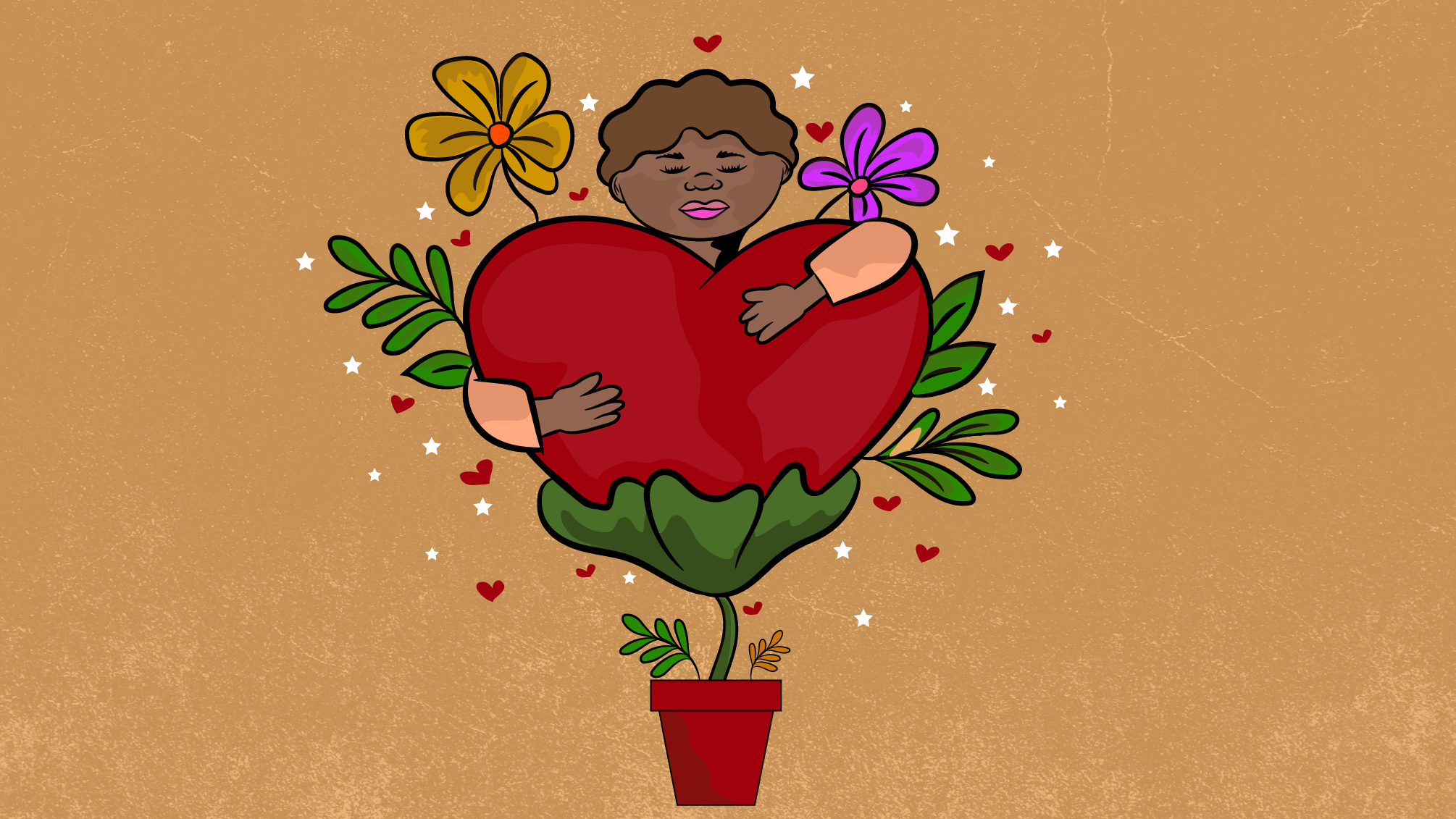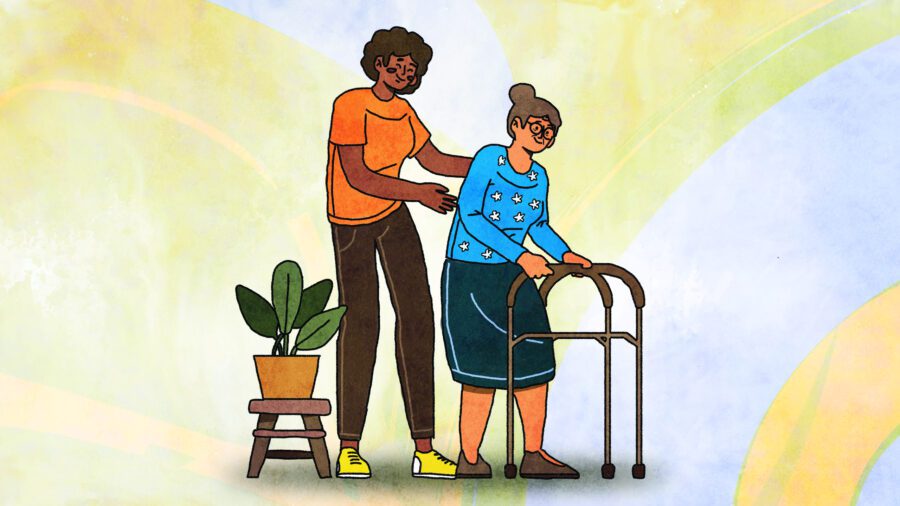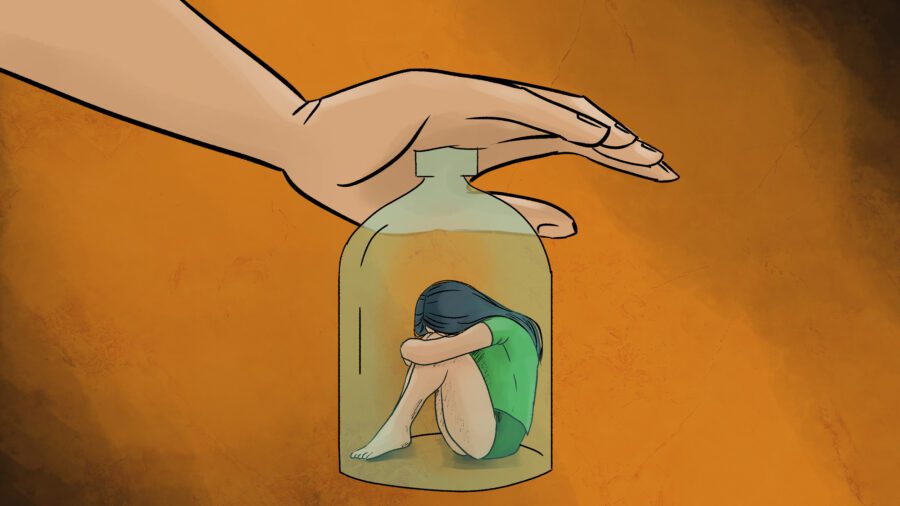
15 Fun Ways to Teach Self-Care to Your Kids (And Why It Matters More Than You Think)
In recent years, we’ve learned that self-care isn’t just about bubble baths and vacations.
It’s also not a luxury — tending to one’s physical, emotional, mental, and spiritual needs is essential to stay healthy on all levels, not to mention having an enjoyable life.
But we’re not the only ones who would benefit from learning to identify and get our needs met. Cultivating self-care habits early will set kids up to live healthier, happier lives. Showing your kiddos how to take care of themselves will make them more independent, emotionally balanced, and able to withstand the challenges of childhood, from navigating their first days at school to making friends to coping with the unexpected.
At its core, self-care is about self-awareness and self-acceptance. You have to know what you’re feeling, be okay with it, and know what you need to take care of yourself. So many adults struggle with this because no one ever taught them. If you can help your kid take care of themself, you will be giving them the advantage you may never have had.
There are many aspects of self-care. The physical level is all about tending to our body’s needs, healing emotions throughout the body, and getting proper rest and nutrition. Mentally or emotionally, self-care might look like thinking positively about one’s self and developing a healthy self-image. Socially, we need to cultivate positive relationships and avoid harmful ones.
No matter what type of self-care we’re engaging with, remember that for kids, we want to make it fun! Make taking care of yourself enjoyable and exciting, make healthy habits soothing and comforting, and show your kiddo how empowering it is to tend to their well-being.
#1: Create a Mantra
As you may know from your own experience, mental self-care is a big part of staying well. When we let our thoughts run amok without any discipline, we can get trapped in self-limiting thoughts and beliefs, worries, and harsh self-judgments.
You can help your child cultivate self-love and self-compassion at an early age by encouraging positive thinking and realistic expectations. Simple sayings like Progress, Not Perfection, or It’s okay to make mistakes will help your child cultivate healthy self-worth.
You can also come up with phrases that will help your child remember their positive attributes (I am smart and creative) or soothe them in new situations such as a doctor’s appointment (I am brave. My parents will be here soon.)
#2: Tell Jokes
Laughter is the best medicine. It shakes out fear and leaves us feeling lighter and more capable of handling difficult situations. As adults, we sometimes forget about how important being silly and having fun is. You can help your little one cultivate the habit of using humor to uplift them by encouraging silliness as a form of self-care.
The next time your kid is fuming because their favorite Lego is missing or they’ve had a challenging day at school, find ways to make them laugh. Watch a funny movie, tell jokes, or play a silly make-believe game. Help them develop a habit of being silly to relieve stress and anxiety. Your kid will grow up with an invaluable tool to make life more enjoyable.
#3: Take a Nap
A big part of physical self-care is knowing when you’re tired and need to rest. Too many of us fight against these impulses as adults, and that leads to burnout and even disease. You can start your kid off right by showing them how to notice their physical needs and attend to them at an early age.
When you notice your toddler getting grumpy, ask them — are you tired? What would be good to do when you feel this way? Do you want to lie down? Then set them up with comfy blankets and nice, soft, soothing lighting. After they’ve napped, ask them: Do you feel better? Why do you think you feel better? Helping them make the connection between rest and a positive mood will foster better self-care habits that last a lifetime.
#4: Just Play
We’re not meant to be productive all the time. While children have more chances than we do to be silly and have fun, schedules packed with baseball practice, tutoring, music lessons, and other extracurricular activities teach kids early on that they must do something “meaningful” at every moment.
You only live once, and you’re only young once. So please, encourage playtime and downtime with your kids. Make a fort, play tag in the park, go on a scavenger hunt, or play dress-up. Craft and create together without any pressure to show off or be good at anything. Have a lazy Saturday morning watching cartoons and hanging out in the backyard. Help your kids make happy memories that will sustain them well into their adult years.
#5: Go Fishing
Being outdoors has so many benefits, from physical fitness to mental peace to emotional fulfillment. Turn peaceful, restorative activities in nature like swimming, fishing, kayaking, or hiking into traditions that your kids love and expect year after year.
As adults, most of us know how deeply refreshed we are after taking a hiatus by a lake or a weekend in the country. Plus, simple pastimes like fishing or hiking teach us patience, observation, and stillness. A day on the water can calm your kid’s frazzled nerves and give them plenty of off-screen material to observe — after all, watching wildlife is so much better than another cartoon.
#6: Get Clean
A hot shower or warm bath can be all it takes to shake off a bad mood. Set your kiddo up for self-care success by encouraging independence when it comes to grooming such as brushing teeth, brushing hair, washing their hands, and taking a shower or bath. Helping them to develop these habits will be both empowering and reassuring for them because kids thrive on routines.
You can help make getting clean extra fun by adding some fun accessories — bubble bath, bath toys, essential oil shower steamers, a Eucalyptus bunch hanging from the shower faucet, and fun-looking soaps or toothbrushes.
#7: Drink Water
Physical self-care also means staying hydrated. Without enough water intake, our mental health can suffer. However, a distracted toddler isn’t likely to reach for water unless you teach them to. So, forgo juices and sugary beverages and offer them water instead. Let your little one know that just like plants get droopy when they don’t have enough water, so do people! You can add fruit to the water to make it more appealing to them.

The Greatness Mindset
Learn the secrets of some of the greatest minds in the world. Unlock the power of your mind and live your best life today.
Learn More#8: Make Art
Self-expression is a powerful form of self-care that helps us maintain emotional, mental, and spiritual well-being. Show your little one how therapeutic art is by encouraging creativity in all forms and suggesting it when he or she is stressed. Sit at the table and color, paint, or draw together. Create cartoons expressing different emotions. Sing or dance, play an instrument, or write it out. Whatever the medium, creating art has been shown to help with well-being on many levels.
#9: Dance It Out
It’s so easy to zone out in front of the T.V., but sitting in a daze escaping into a screen isn’t always the healthiest choice for kiddos. Our bodies store emotions like anger, fear, and irritation. In order to move through challenging feelings, we need to develop the practice of being embodied. That means connecting to the physicality of emotional states and processing them through the body.
There is no better way to do that than with dance! Holding an impromptu dance party after a long day or just for fun can help you and your little one work through emotions and express them. Show them: If you’ve had a great day, jump up and down, sing, and twirl. If you’re having big feelings like anger, can you wiggle and shake them out? How do you feel after? These are all ways to guide your child to make embodiment a habit.
#10: Make a Treat
There’s a saying among certain adult support groups: If you’re feeling upset, try HALTing. Ask yourself — are you hungry, angry, lonely, or tired? If you are any of these things, it’s not likely you’re feeling or acting your best.
The HALT method can apply to anyone of any age. So, if your toddler is having a tantrum, start with the first question: Are you hungry? Yes? Then it’s time for a snack. You can then spend some quality time whipping up a treat and having it together as you talk and connect. Be sure to ask them how they feel now that they’ve eaten. Do they feel better? If so, what does that mean?
#11: Have a Talk
We’re not meant to go through life without support. As adults, the number of social connections we have determines our rate of disease and even our life expectancy. Loneliness is on par with alcohol consumption and smoking when it comes to serious health conditions. It’s very important you socialize your kiddo and help them learn to connect with others from an early age.
Foster good social skills through regular talks, especially when you notice that something seems off. You want to attune to your kiddo by giving them good eye contact, mirroring them, and repeating back what they said so they feel heard. This helps relax them and lets them know it’s safe to connect and to talk about big feelings.
#12: Validate Their Emotions
Big feelings are normal. But many of us never learned that it’s okay to have them, let alone what to do with them. Help your child get a healthy start on their emotional well-being by identifying and validating their emotions.
To help them establish emotional safety (the ability to feel emotions without worrying how everyone will react) you want to show you understand them. If they’re sad, you can say, “You’re feeling sad!” If they’re angry, you can say, “I see that you’re feeling very angry!” You are simply letting them know you see them. You can then guide them to talk about it or to engage in another self-care activity like making art.
#13: Have a Pillow Fight
Kids frequently have big feelings that they don’t know what to do with. They don’t have the ability to express themselves much yet, which can lead to frustration. Remember, feelings are physical, they’re not just mental. So when you feel upset, your blood pressure will rise, you might feel hot, and you might feel your body tense up. When you feel highly activated, you might have a ton of energy you don’t know what to do with.
A pillow fight is a safe way to release all of this pressure in a playful way. So whether it’s part of a fun Saturday afternoon of family bonding or an impromptu before-bed activity, help your kid release stored tension through a pillow fight.
Join In 200 Million+ On The Journey to Greatness
#14: Try Belly Breathing
Kiddos can benefit from belly breathing just like everyone else. Otherwise known as diaphragmatic breathing, this technique involves breathing into the belly rather than the chest. As you breathe in, your belly goes out. As you breathe out, your belly draws in. The chest should stay level. We’re actually meant to breathe this way, rather than the shallow breathing most of us are used to.
You can turn this into a game by having your child imagine that you’re holding out a birthday cake. As they breathe in, they breathe in the smell of the delicious dessert. As they breathe out, they’re blowing out the candles. Deep breathing has incredible benefits and can rapidly calm down a distressed child. Your kid will thank you later in life if you teach them this one.
#15: Sit Under a Tree
As Japanese forest bathers know, trees are healing. The simple act of sitting under a tree will connect your child to nature, stimulate their imagination, and help them ground into their bodies. The next time your kid is feeling frazzled, grumpy, or upset, don’t sit them in front of the T.V. Sit on the grass and read a book, play in a tree, observe the leaves, or simply sit under a tree.
Self-Care Benefits Kids for the Rest of Their Lives
Many of us were never taught healthy ways of coping with challenging emotions or thoughts. Some of us push our bodies further than we should because we’re unable to slow down or relax. As technology speeds life up even more, it’s essential that we help our kids cultivate self-care skills from the most basic, like physical hygiene, to complex, like expressing emotions safely.
You can make self-care a part of your kiddo’s routine by making it fun and incorporating practices into their daily lives. Bonus: you’ll also be soothing yourself. How amazing would it be to see a generation of children who have healthy habits and healthy lives? Now that would be true greatness!
Greatness Authors
Greatness Authors is a collection of writers, thinkers, curiosity experts, and students of the world who are committed to bringing you the most up-to-date, impactful, and inspiring information surrounding Greatness topics.

How to Have a Healthy Romantic Relationship Even if You Share Different Beliefs

13 Tips to Help a Parent Transition into Assisted Living with Care & Respect

Take Your Power Back: 9 Subtle Signs Your Partner Is Gaslighting You

Apologizing 101: How to Apologize from the Heart & Mend Your Mistakes Without People Pleasing

The Ultimate Guide to Finding “the One,” According to Relationship Expert Stephan Speaks










